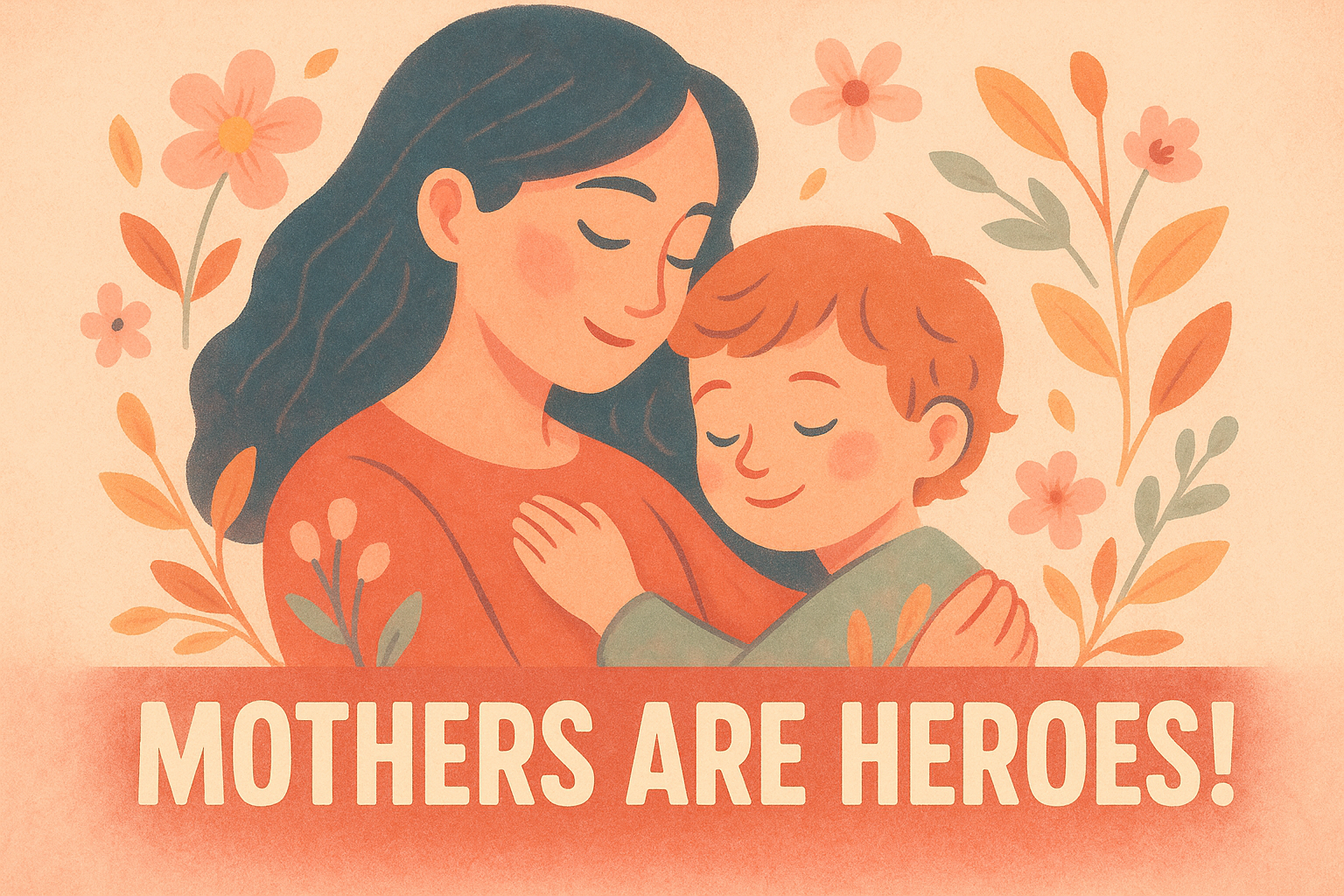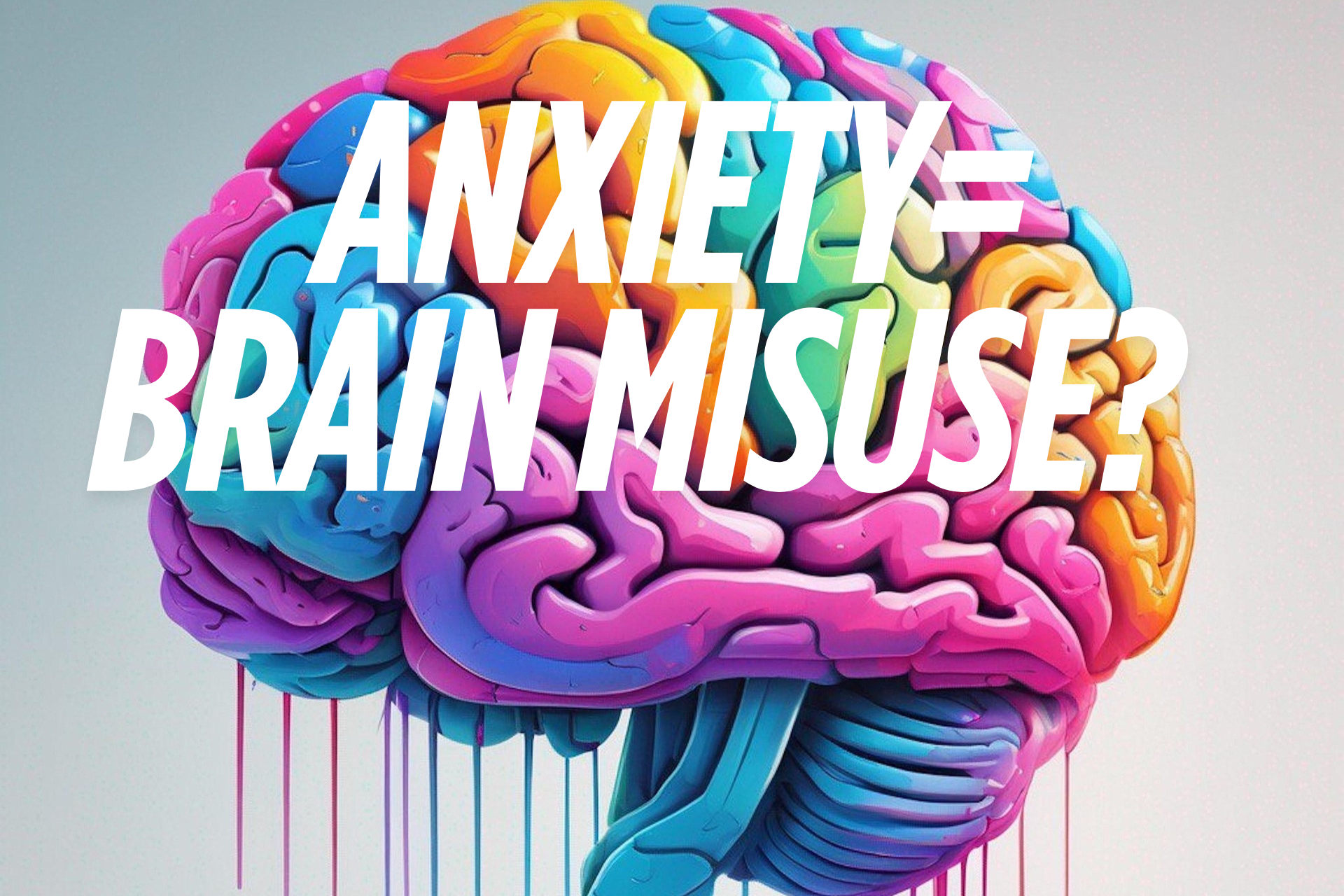
From Self-Attunement to Finding a Partner
In my previous blog, I introduced self-attunement—a structured approach with concrete steps that helps cultivate a strong sense of self-worth and self-love. Today, I want to focus on how we can use the concept of attunement to guide us in finding a healthy relationship. Instead of asking, “Do they love me?” we should be asking, “How attuned are they to me?”
Beyond the Feeling of Love
We often get caught up in the feeling of love—falling in love and basing everything on that emotion alone. However, feelings can be fleeting. For example, what seems like love might actually be intense sexual attraction, which isn’t enough to sustain a relationship long-term.
Sometimes we say, “I don’t know why, but I love them.” If you find yourself unable to pinpoint why you feel love for someone—or if it feels compulsive—it could indicate an addictive attachment rather than genuine, nurturing love.
Instead of simply asking, “Do they love me?” a more important question is “How attuned are they to me?”
Why does that matter? Well, it’s one thing for someone to claim they love you; it’s another thing entirely for them to actively understand, respect, and respond to your needs on a consistent basis.

Seeking a Partner Through the Lens of Attunement
How can we avoid getting stuck in mere sexual chemistry or addictive patterns? Simply hearing “I love you” isn’t a solid foundation for a truly healthy, loving relationship. Instead, real security comes from a partner’s ability to be attuned—and to demonstrate this attunement through a variety of love languages. This practice is what fosters and sustains the feeling of being genuinely loved.
A partner who is attuned is someone who:
- Listens to you deeply.
- Understands your needs and feelings.
- Responds in ways that make you feel valued and genuinely loved.
Simply hearing “I love you” isn’t a solid foundation. Real security comes from a partner’s actions—particularly how they express love consistently over time. One way to gauge this is by seeing how multilingual they are in the Five Love Languages: Words of Affirmation, Quality Time, Acts of Service, Receiving Gifts, and Physical Touch.
One way to gauge this is to see how multilingual a potential partner is in expressing love—specifically, how many of the five love languages they can consistently use over time.
Think of it this way: just as an attuned parent meets a child’s needs by using multiple love languages, a partner who can do the same helps create a lasting bond. While no one is perfect, look for someone who is willing to learn and apply those languages for you—not just initially but continuously.
No One Is Perfect—Practice Makes Progress
It’s important to remember that speaking love languages—like learning any new language—takes practice and vulnerability. If gift-giving, for instance, isn’t a natural strength for your partner, ask yourself whether they’re open to trying once they know it matters to you.
By the same token, you should also be prepared to work on your weaker love languages—first toward yourself (self-attunement) and then toward your partner. After all, deepening your own sense of self-worth is what enables you to love and be loved more fully.
Shifting from Elusive Love to Attunement
Ultimately, we want to move away from the elusive concept of “love” defined merely by feelings. Instead, we can focus on attunement, which offers tangible, measurable steps for connection and care. In my upcoming posts, I’ll share additional foundational steps—like recognizing and honoring your primary needs—before you even begin applying the love languages in a new relationship.
I am here to help you thrive in every relationship – starting with yourself.
Viktoria







